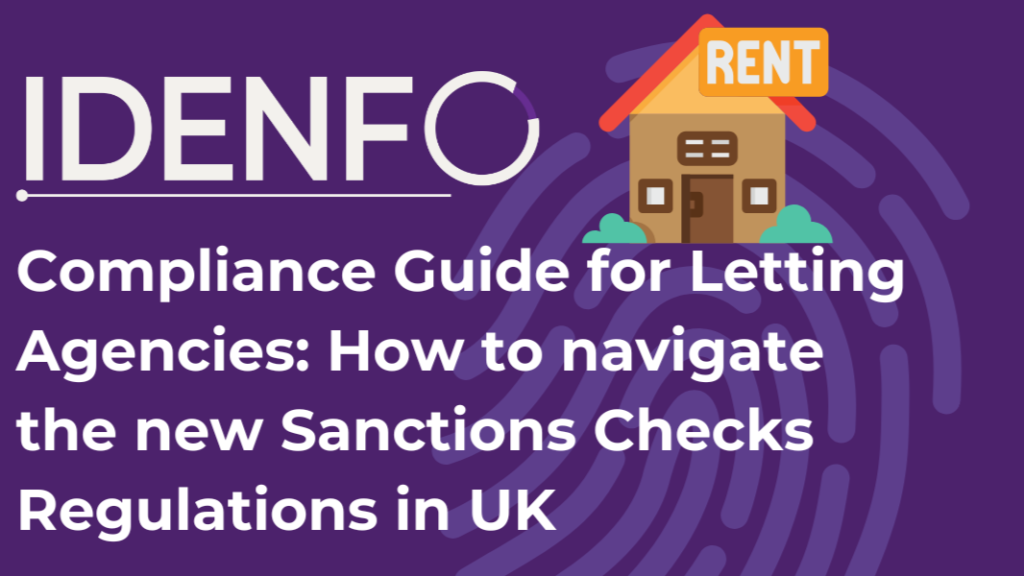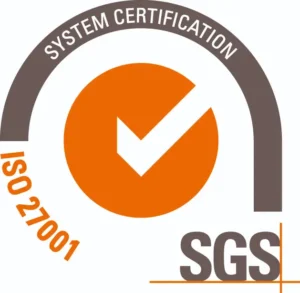We are all familiar with AML laws and their purpose – i.e. to prevent financial crime. But did you know that Sanctions checks can also play a role in helping keep our financial systems safe? The UK Government is introducing mandatory Sanctions checks through a new regulation from May 14 2025, tennants, landlords and letting agencies will be affected.
What are Sanctions Checks and why are they important?
Sanctions checks screen individuals, businesses and entities against government-imposed sanctions lists in order to identify, and subsequently prevent, those persons, businesses or identities which are sanctioned from engaging in transactions in the broader financial system.
Sanctions can be imposed for multiple reasons, such as their involvement in criminal or terrorist actitivities, human rights violations, corruption and so on. There are multiple measures that can be enforced on sanctions individuals, businesses and entities, such as freezing financial assets, restricting their right to property transactions, banning their access to financial services, and travel bans.
For letting agencies, this can mean that it is essential to verify that their prospective clients, whether landlords or tenants, do not appear in any UK Sanctions lists. As secondary step, if they do appear on these lists, letting agencies are required to report any positive matches to the Office of the Financial Sanctions Implementaion (OFSI).
These requirements are in place as of date only when transacted sum for monthly rents exceeds £8,300, however from May 14 2025 onwards, this threshold will be removed and letting agencies will will be considered ‘relevant firms’ under financial sanctions laws. By removing the £8,300, threshold, the government aims to prevent sanctioned individuals from using the rental market to disguise financial activities, and to strengthen the UK’s AML enforcement framework.
Why should you comply?
There can be dangerous consequences for non-compliance including significant fines and even criminal prosecution. Let’s take a look at the ways to streamline the process and ease this administrative burden.
First, let’s take a look at how these changes will impact letting agents:
- Increased legal responsibility
Under the new regulations, letting agents must report to OFSI if:
- A landlord or tenant is a designated individual under sanctions laws.
- There is reasonable suspicion of a sanctions breach.
- The business holds frozen assets on behalf of a sanctioned individual.
- The information came to light during standard business operations.
Once a match is identified, the rental agreement cannot proceed unless clearance is granted by OFSI. Failure to act on a known sanctions breach is not excused by ignorance or oversight.
2. Heavy Financial Penalties for Non-Compliance
Letting agents failing to meet their sanctions check obligations risk severe penalties, including:
- Fines up to £1 million or 50% of the transaction value, whichever is greater.
- Criminal prosecution, which could result in imprisonment.
In 2024 alone, HMRC fined 254 estate agents a total of £1.6 million for failing to register for AML supervision.









